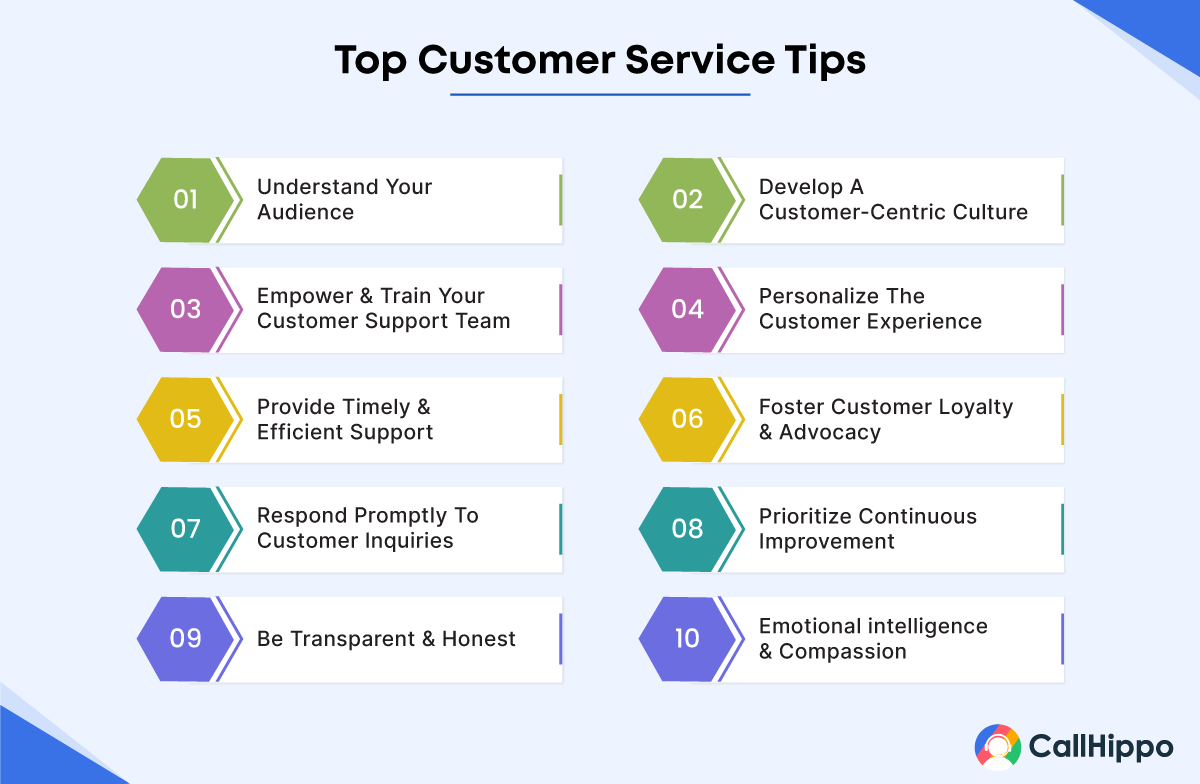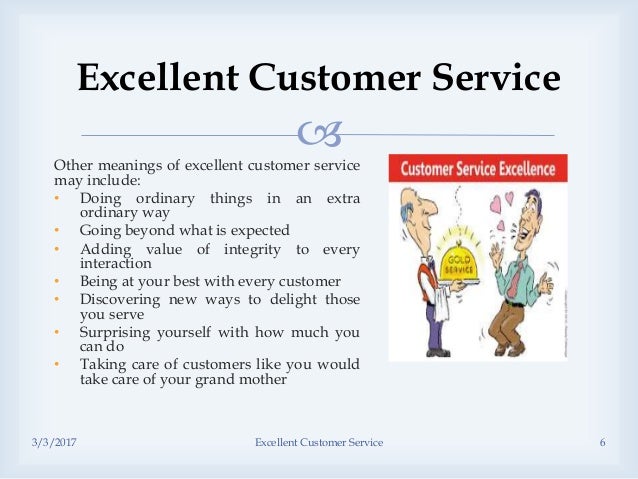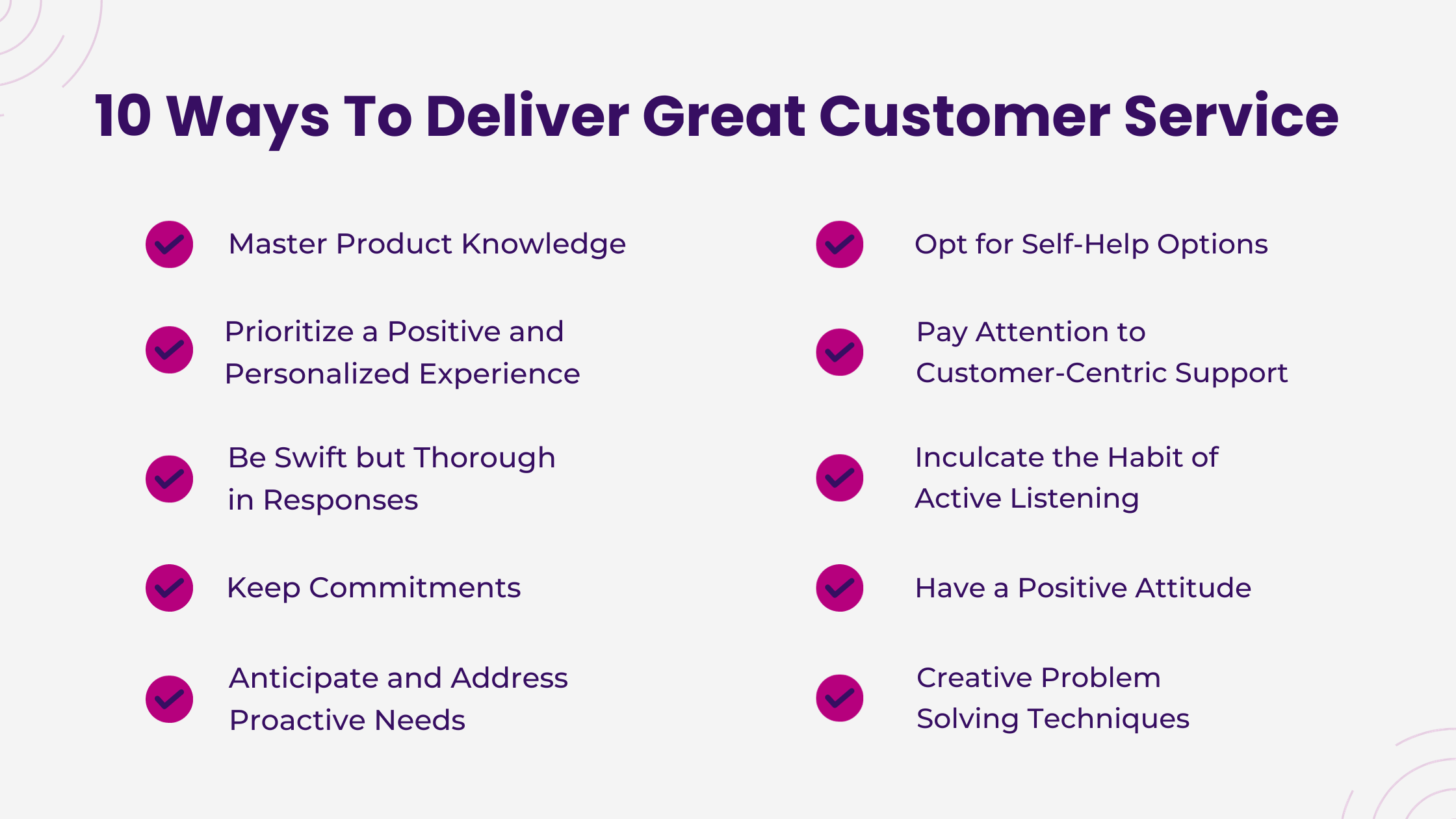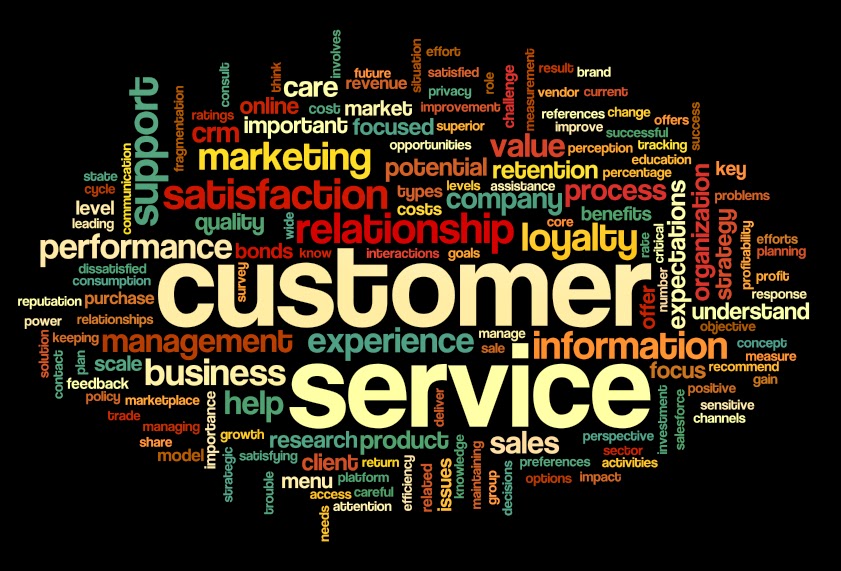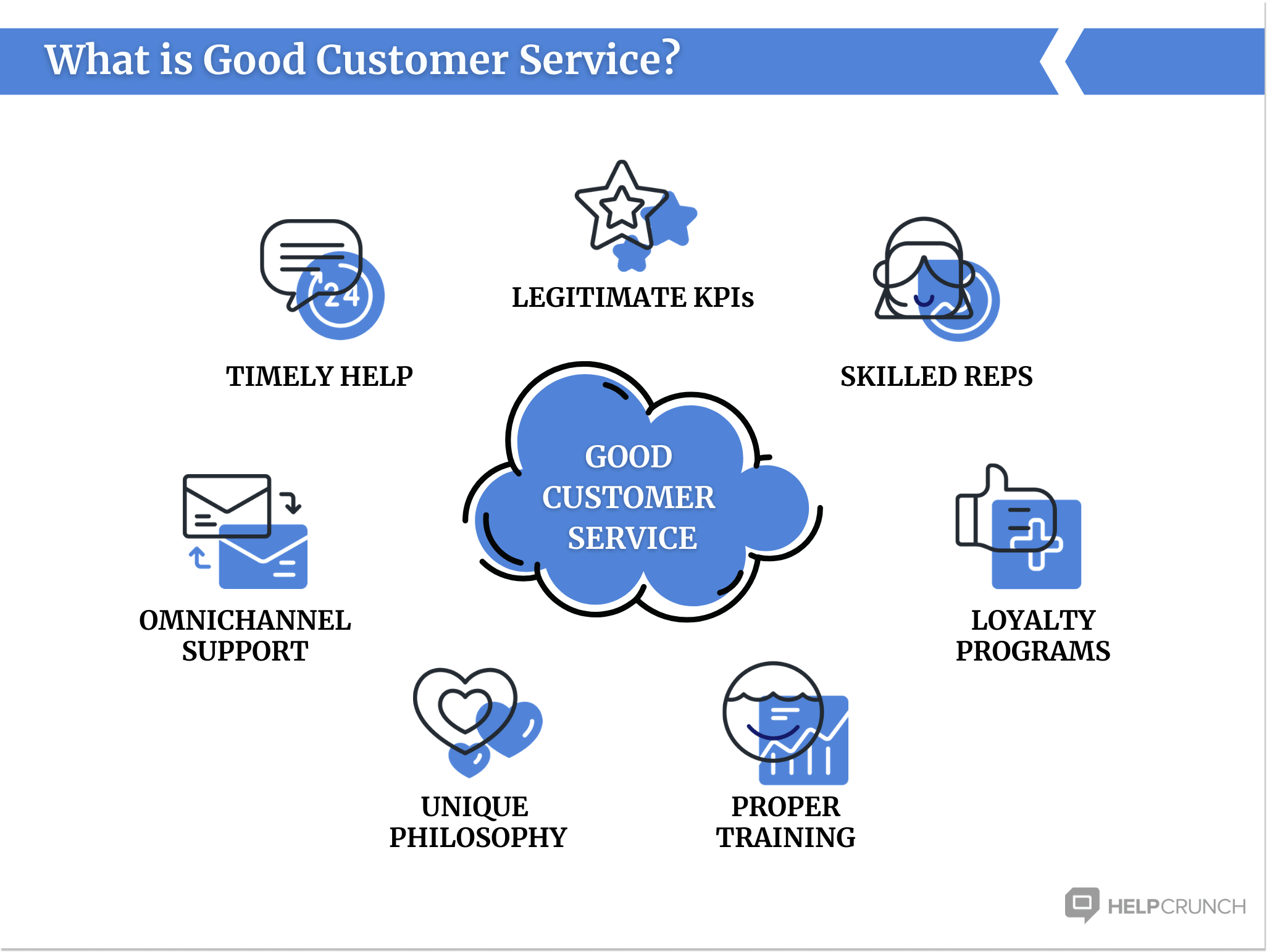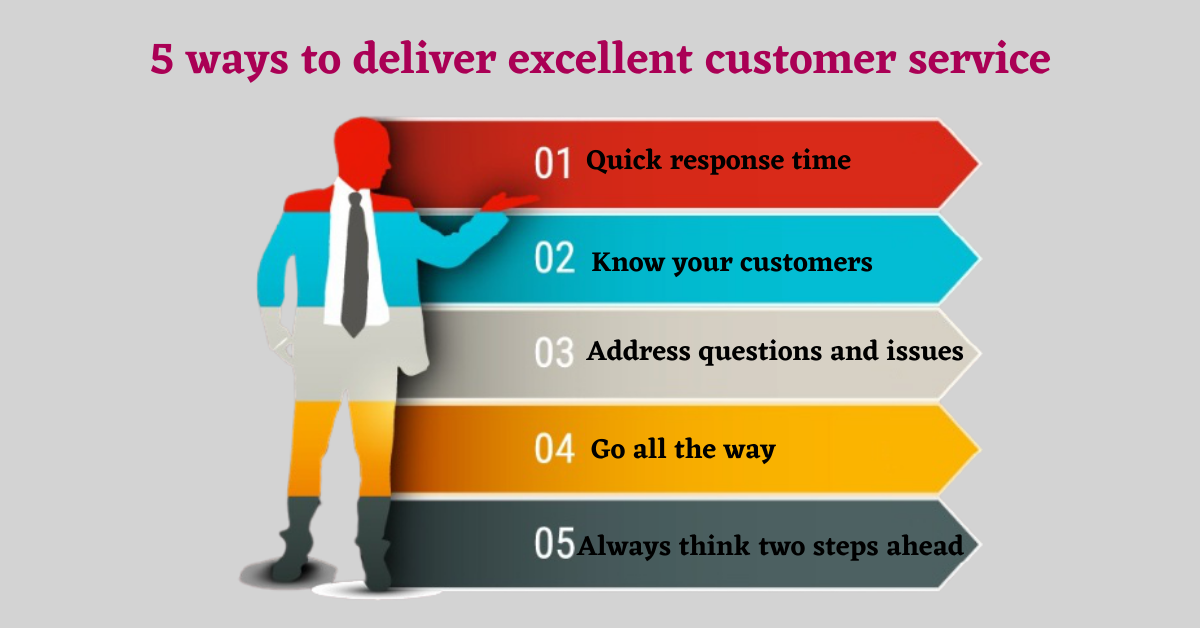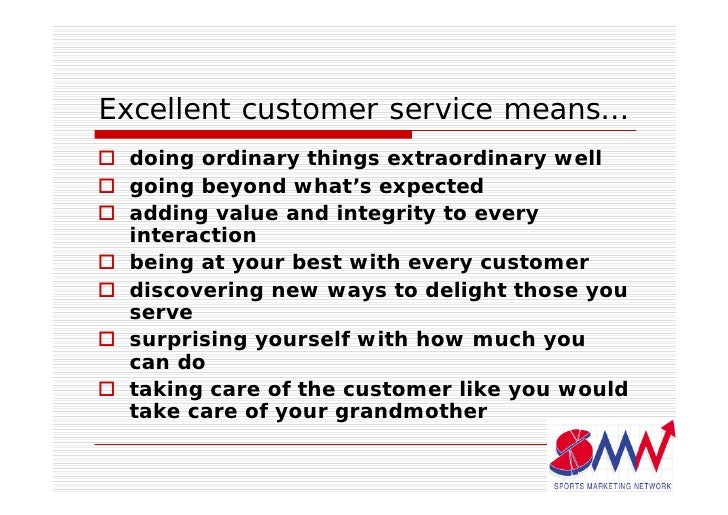How To Provide Excellent Customer Service

In today's hyper-competitive marketplace, where consumers are bombarded with choices, a single misstep in customer interaction can mean the difference between brand loyalty and a lost customer. The stakes are high, and businesses are increasingly recognizing that exceptional customer service isn't just a nice-to-have; it's a strategic imperative that directly impacts the bottom line. Mastering the art of customer service requires a holistic approach, encompassing everything from employee training to proactive communication and a genuine commitment to resolving issues efficiently.
While some companies rely on automation to enhance efficiency, it is essential to bear in mind that human interaction is essential for building stronger customer ties. Indeed, it is estimated that 80% of customers consider their experiences with a company to be as important as the product or service that the business offers, according to a Salesforce study. Consequently, businesses must develop a complete strategy for customer service, which emphasizes responsiveness, empathy, and a dedication to exceeding client expectations.
Understanding the Core Principles
Exceptional customer service begins with a deep understanding of customer needs and expectations. It involves actively listening to their concerns, empathizing with their frustrations, and demonstrating a genuine desire to help. These principles form the foundation upon which all successful customer service strategies are built.
Empathy and Active Listening
Empathy is the ability to understand and share the feelings of another. In a customer service context, this means putting yourself in the customer's shoes and acknowledging their perspective. This is essential for de-escalating tense situations and building trust. Active listening involves paying close attention to what the customer is saying, both verbally and nonverbally, and asking clarifying questions to ensure complete understanding.
HubSpot emphasizes active listening as a core element. By doing so, customer service representatives may acquire pertinent insights, spot unspoken demands, and offer more customized and pertinent solutions.
Responsiveness and Efficiency
Customers value prompt and efficient service. Responding to inquiries quickly and resolving issues in a timely manner demonstrates respect for their time and reinforces their importance. Use data to optimize workflows and reduce response times.
According to a Forrester report, 77% of customers say that valuing their time is the most important thing a company can do to provide them with good online customer service. This emphasizes the necessity of streamlining procedures and adopting solutions that allow quick interactions.
Building a Customer-Centric Culture
Exceptional customer service is not just the responsibility of the customer service team; it requires a company-wide commitment. Cultivating a customer-centric culture means that every employee, from the CEO to the front-line staff, understands the importance of putting the customer first. This requires training, empowerment, and a clear understanding of the company's values.
Employee Training and Empowerment
Investing in comprehensive training programs for customer service representatives is crucial. These programs should cover product knowledge, communication skills, problem-solving techniques, and conflict resolution strategies. Empowering employees to make decisions and resolve issues independently can significantly improve customer satisfaction.
According to Accenture, businesses that invest in employee training and empowerment see an increase of 20% in customer satisfaction. Furthermore, employees who feel supported and respected are more likely to deliver excellent service.
Proactive Communication
Don't wait for customers to come to you with problems. Proactively communicate updates, anticipate potential issues, and offer solutions before they arise. This demonstrates a commitment to customer satisfaction and builds trust. Use tools like email marketing, social media, and chatbots to keep customers informed.
For example, if a product shipment is delayed, notify customers immediately and offer a compensation such as free shipping on their next order. According to a McKinsey study, proactive communication can increase customer loyalty by as much as 15%.
Leveraging Technology for Enhanced Service
Technology plays an increasingly important role in delivering exceptional customer service. From CRM systems to AI-powered chatbots, technology can help businesses streamline processes, personalize interactions, and provide faster, more efficient support. However, it's important to strike a balance between technology and human interaction.
CRM Systems and Data Analytics
A Customer Relationship Management (CRM) system can centralize customer data, track interactions, and provide valuable insights into customer preferences and behavior. This information can be used to personalize interactions, anticipate needs, and improve service delivery. Data analytics can identify trends, pinpoint areas for improvement, and measure the effectiveness of customer service initiatives.
The CRM software allows businesses to customize interactions, pinpoint potential issues, and monitor the efficacy of customer service projects. According to Gartner, 91% of organizations with 10 or more employees use a CRM system.
Chatbots and AI
Chatbots can provide instant support, answer frequently asked questions, and route customers to the appropriate resources. AI-powered chatbots can learn from customer interactions and improve their ability to understand and respond to inquiries. While chatbots can handle simple tasks efficiently, it's important to provide a seamless transition to a human agent when necessary.
Businesses that invest in the technology can improve customer satisfaction, cut expenses, and personalize customer interactions at scale. According to Statista, the global chatbot market is projected to reach $102.29 billion by 2028.
The Future of Customer Service
The future of customer service is likely to be shaped by emerging technologies like augmented reality (AR) and virtual reality (VR). These technologies can provide immersive and interactive customer experiences, allowing customers to visualize products, try them on virtually, and receive personalized assistance in a simulated environment. Additionally, the focus will continue to shift towards proactive and predictive service, where businesses anticipate customer needs and provide solutions before problems even arise.
As technology continues to evolve, the core principles of empathy, responsiveness, and a customer-centric culture will remain essential. Companies that can successfully combine technology with a human touch will be best positioned to deliver exceptional customer service and build lasting relationships with their customers. Ultimately, excellent customer service is not just about resolving issues; it's about creating a positive and memorable experience that fosters loyalty and advocacy.

:max_bytes(150000):strip_icc()/providing-excellent-customer-service-2951744-v4-5b730d1646e0fb005012a364.png)


